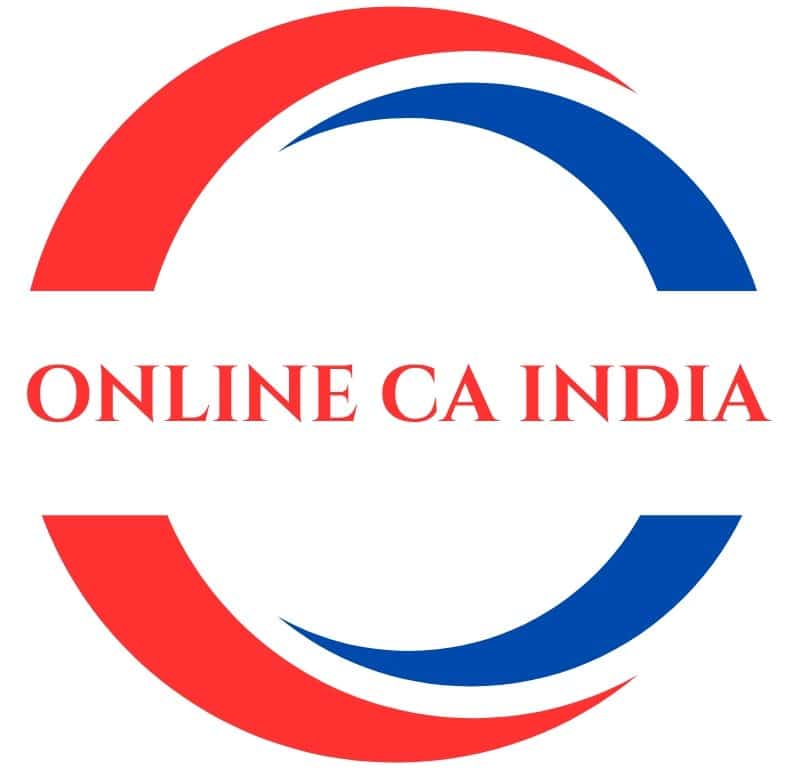FCRA Registration
Registration under Foreign Contribution (Regulation) Act, 2010 (FCRA) is required for acceptance and utilization of foreign contribution or foreign hospitality by certain individuals or associations or companies for the purpose of activities in the national interest and for matters related to therewith or incidental thereto.
- Avail Tax Exemptions
- Attracts Foreign Donation
- Government Funding
Overview of FCRA Registration
Any individual, association or company in India before receiving any foreign contribution or donation from foreign sources is required to obtain registration from the Central Government under section 11 of Foreign Contribution (Regulation) Act, 2010 (FCRA). Where a person does not obtain registration as provided above, he may accept foreign contribution only after obtaining the prior permission from the Central Government. Registration under FCRA is governed by Ministry of Home Affairs, Government of India.

FCRA Registration - Eligibility & Application Procedure in India
In the present scenario, the world is more focused towards social and environmental causes. Businesses themselves, apart from their regular objective of profit-making, are actively involved in activities that promote social, economic, cultural and environmental growth and prosperity.
The world today is so well connected and so well linked that accessibility to any part of the world is easy. Transactions between people, places and countries take place on a day to day basis. As a result, the flow of foreign currency into and out of each country is now completely natural and an absolute commonality.
The volume at which these transactions are carried on is at a pretty high level, and as a result, it is almost not possible to keep track of the inflow and outflow of foreign currency in a regular manner. This brought about the need for the Foreign Contribution Regulation Act, 2010.
The Objective of FCRA 2010
The Foreign Contribution Regulation Act, 2010 was enacted with a view to:-
- Regulate the acceptance and utilization of foreign contribution or foreign hospitality by certain individual associations or companies.
- Prohibit the acceptance and utilization of foreign hospitality or foreign contribution for any activities unfavourable to national interest and for matters related to therewith or incidental thereto.
Eligibility Criteria
Normal Registration
In order to be eligible for the normal registration, there are a few prerequisites:-
- The applicant must be registered under the Societies Registration Act, 1860 or the Indian Trusts Act, 1882 or registered as Section 8 Company as per the Companies Act, 2013 or any such Act as may be required.
- Must have made reasonable contributions by undertaking activities in its chosen field for the benefit of society.
- Must have spent a minimum of Rs. 10,00,000 in the last 3 years towards achieving its objectives (Excludes administrative expenditure).
- Must submit the copies of the financial statements of the last 3 years that are duly audited by qualified Chartered Accountants.
- If a newly registered entity likes to get foreign contributions, then an approval for a specific purpose, specific activity, and from a specific source can be made to the Ministry of Home Affairs via the Prior Permission (PP) method.
Prior Permission Registration
The Prior Permission route is ideally suited for those organizations which are newly registered and would like to receive foreign contributions. This is granted for receipt of a specific amount from a specific donor for carrying out specific activities/projects. The association must:-
- Be registered under the Societies Registration Act, 1860 or the Indian Trusts Act, 1882 or registered as Section 8 Company as per the Companies Act, 2013 or any such Act as may be required.
- Submit a specific commitment letter from the donor to the Ministry of Home Affairs which indicates:-
- Amount of contribution given
- Purpose for which it is proposed to be given
- Where the Indian recipient organization and foreign donor organization have common members, the following conditions need to be met:
- The Chief Functionary of the Indian organization can’t be part of the donor organization.
- At least 51% of the members/office-bearers of the governing body of the Indian recipient organization should not be employees/members of the foreign donor organization.
- Where the foreign donor is an individual:
- He cannot be the Chief Functionary of the Indian organization.
At least 51% office bearers/members of the governing body of the recipient organization should not be the family members and close relatives of the donor.


